The Japan National Tourism Organization (JNTO) conducted a survey of travelers leaving Japan, asking what logistical challenges they encountered during their trip?
The number one answer was a lack of trash cans. Most visitors cited the biggest difficulty in finding a place to throw their trash, ahead of a lack of English speakers and overcrowding at popular tourist attractions.
Japan remains clean despite a lack of public trash cans. PHOTO: Philip Fong/AFP
“The lack of bins can be frustrating, especially for young travellers on a budget,” said McMorran, a professor of Japanese studies at the National University of Singapore, adding: “Instead of sitting down to eat at a restaurant, they are more likely to buy an onigiri at a convenience store or an Instagrammable dessert at a stall. After they finish eating, they will be left searching in vain for a place to throw their rubbish.”
He noted that while local Japanese people also buy food and drinks from vending machines or kombini (convenience stores), the difference is that they do not necessarily consume these products on the street.
Eating while walking is considered rude, to the point that some cities in Japan have banned it altogether. Instead, it is more common to take these fast foods home or to the office, eat them there, and then throw them away. If they do eat on the go, most people carry a small bag with them so they can put their trash in it until they get home.
The lack of trash cans is also explained by the frugal lifestyle of the Japanese. Japanese consumers have decided to avoid the hassle and expense of public trash cans, and accept sharing the burden of waste disposal when they buy something.
However, mass tourism is causing problems with Japan's public waste situation.
For example, tourists from all over the world visit the UNESCO-listed city of Nara, a 45-minute bullet train ride east of Osaka, to see the semi-wild deer. The deer here are famous for accepting crackers from visitors and “bowing” to say thank you.
However, trash has become a matter of survival for the deer: nine died in 2019 after eating plastic waste left on the ground by tourists.
Litter bins were removed from Nara parks in 1985 to stop deer from trying to eat them. Signs across the city warn people not to litter for fear that deer will eat them.
Tourists feed deer in Nara and some of the rare trash bins here. PHOTO: Buddhika Weerasinghe/
As the number of visitors increased, the posted signs were not enough and people did not follow the local custom of taking their trash out. The city has since reviewed the policy and installed a number of trash cans near the busiest tourist areas.
For some visitors, the lack of trash cans is another charm of Japanese culture. But for others, it is a nuisance that takes the fun out of their vacation.
Rubin Verebes, a Hong Kong resident, falls into the latter category. He visited Japan for the first time in September 2024 and said he was frustrated by the difficulty in finding a place to throw his trash.
“It's frustrating to walk around Tokyo all day, walking more than 20,000 steps, and not find a single trash can to throw away sandwich wrappers,” he said.
“Some 7-Elevens, Family Marts or Lawsons don’t even have trash cans, so you have to carry these dirty wrappers or bottles all day long until you get back to your hotel. It’s great that the streets are clean, but it’s annoying to carry trash all day long,” he added.
Not only that, in the subway system and train stations in Japan, there are almost no trash cans, or if there are, they are only transparent bags.
Source: https://thanhnien.vn/tai-sao-nhat-ban-khong-co-thung-rac-cong-cong-nhung-luon-sach-se-185250603105924873.htm


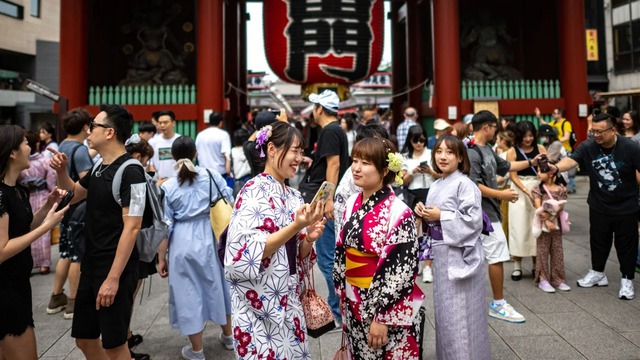
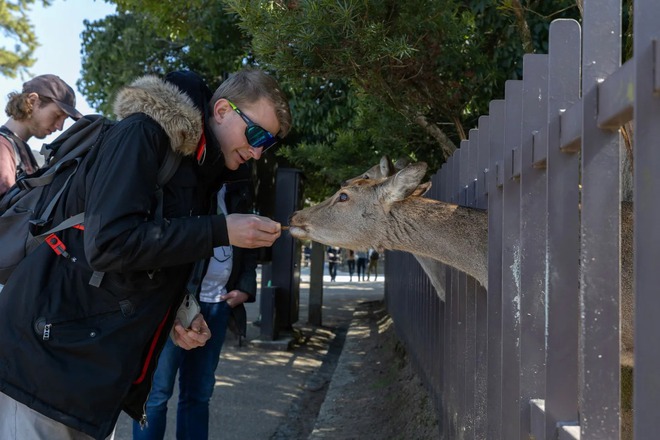
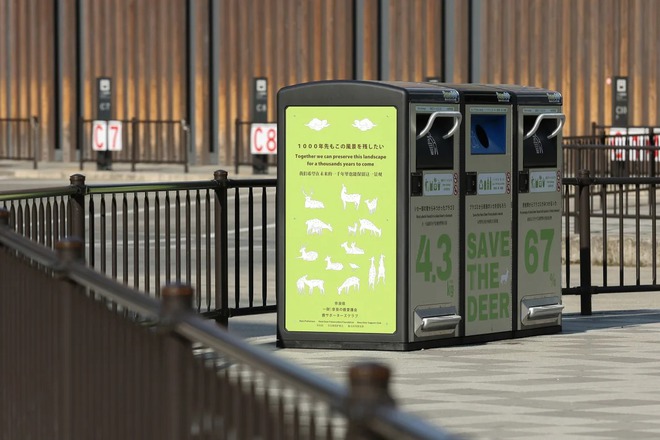

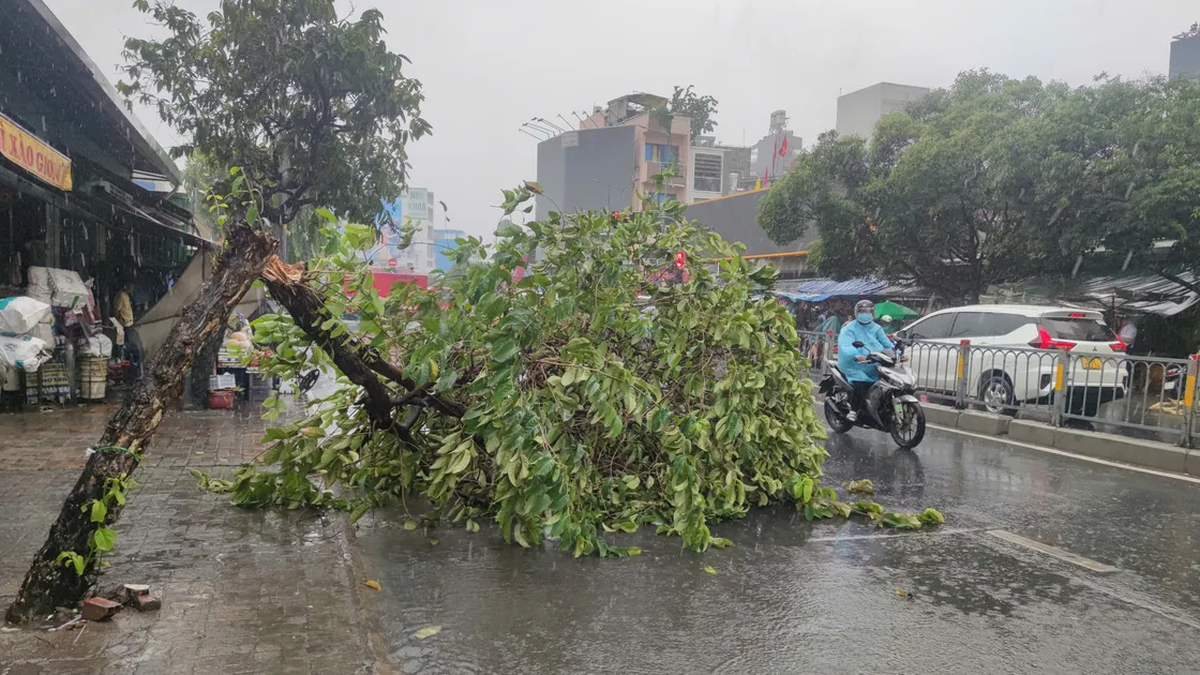


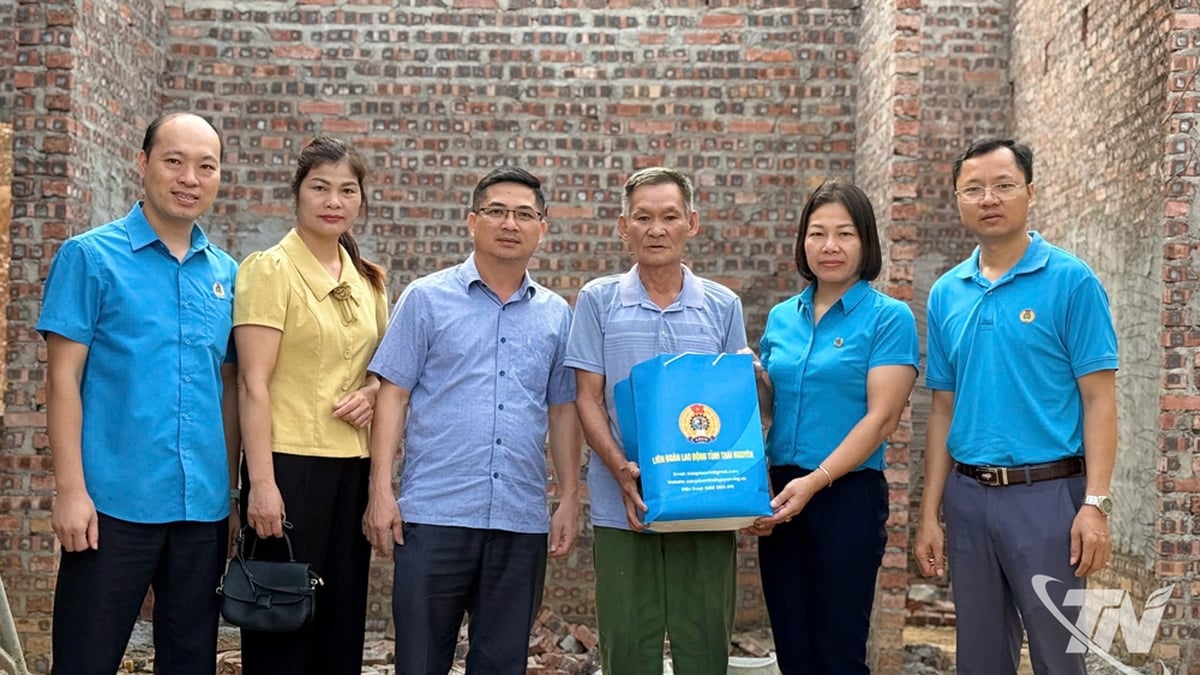

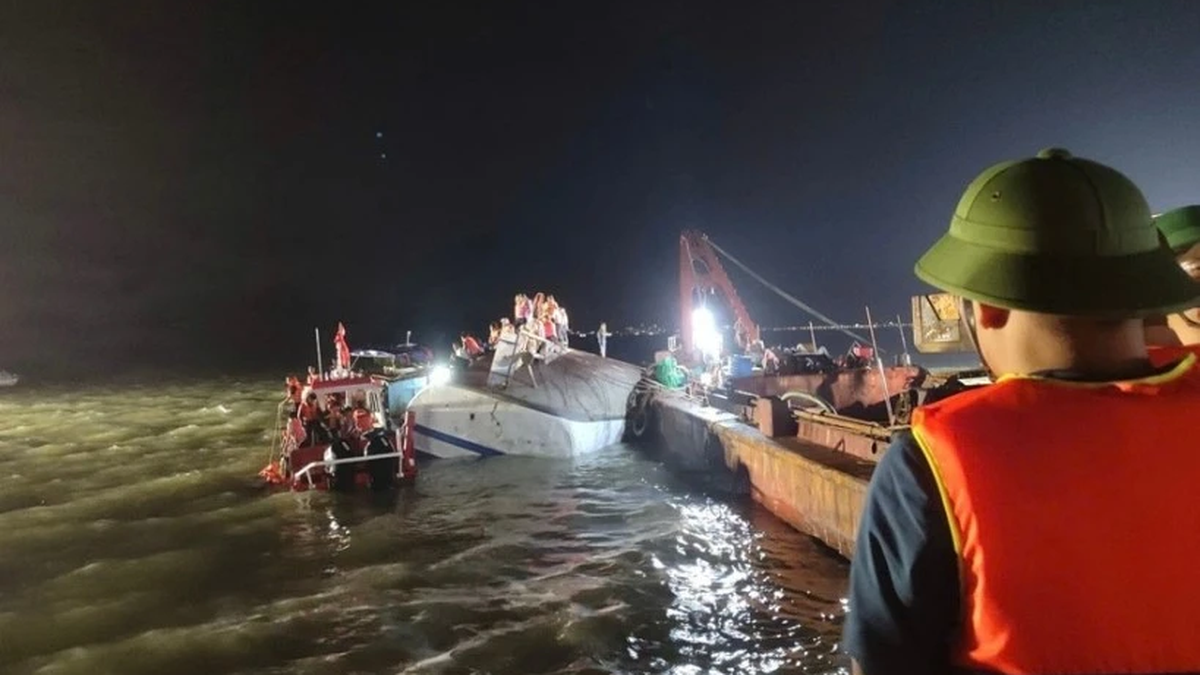


















![[Photo] National Assembly Chairman Tran Thanh Man visits Vietnamese Heroic Mother Ta Thi Tran](https://vphoto.vietnam.vn/thumb/1200x675/vietnam/resource/IMAGE/2025/7/20/765c0bd057dd44ad83ab89fe0255b783)







































































Comment (0)